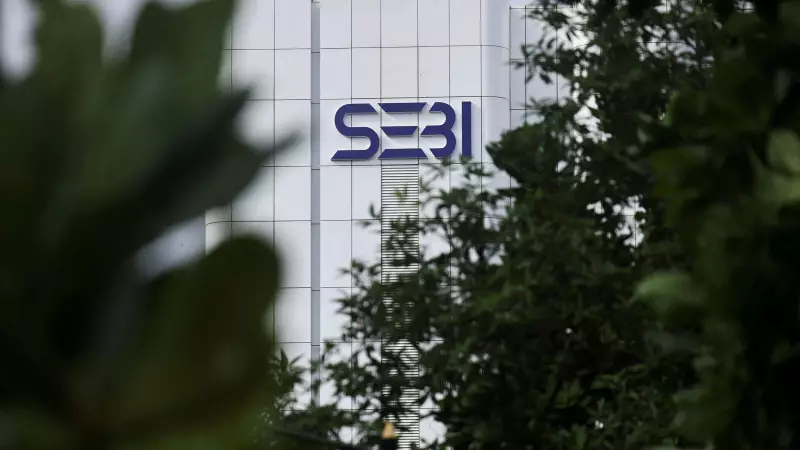
In a major move to safeguard investor interests and enhance market transparency, the Securities and Exchange Board of India (SEBI) has unveiled comprehensive new regulations targeting insider trading activities. These reforms represent the most significant overhaul of market surveillance mechanisms in recent years.
What's Changing in SEBI's Insider Trading Framework?
The regulatory body has introduced several key modifications to strengthen the existing framework. The new rules expand the definition of 'insiders' and impose stricter disclosure requirements for companies and their key personnel. This ensures that any privileged information remains protected until officially disclosed to the public.
Enhanced Disclosure Requirements
Under the revised regulations, companies must now implement more robust systems for monitoring and reporting insider trading activities. The trading window closure periods have been standardized, and the criteria for determining 'unpublished price-sensitive information' have been clarified to prevent ambiguity.
Broader Definition of Insiders
SEBI has expanded the scope of who qualifies as an 'insider' to include not just company executives and directors, but also their immediate family members and any individuals who might have access to confidential information through professional relationships.
Why These Changes Matter for Indian Investors
These regulatory enhancements are designed to create a more level playing field for all market participants. By tightening the noose around potential insider trading activities, SEBI aims to:
- Boost investor confidence in Indian capital markets
- Ensure fair price discovery mechanisms
- Prevent unfair advantages for connected parties
- Strengthen India's position as a transparent investment destination
The timing of these reforms coincides with India's growing prominence in global financial markets and increasing retail investor participation. SEBI's proactive approach demonstrates its commitment to maintaining market integrity while adapting to evolving market dynamics.
Market experts have welcomed these changes, noting that they align Indian regulations with global best practices while addressing local market specificities. The enhanced framework is expected to deter potential violators through clearer guidelines and stricter enforcement mechanisms.





